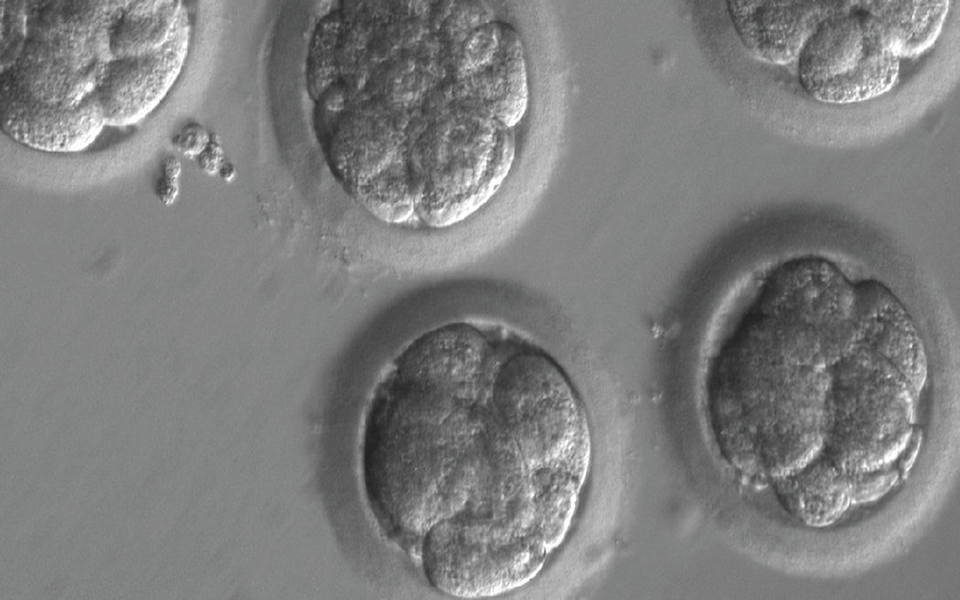In Breakthrough, Scientists Edit a Dangerous Mutation From Genes in Human Embryos
Scientists for the first time have successfully edited genes in human embryos to repair a common and serious disease-causing mutation, producing apparently healthy embryos, according to a study published on Wednesday.
The research marks a major milestone and, while a long way from clinical use, it raises the prospect that gene editing may one day protect babies from a variety of hereditary conditions.
But the achievement is also an example of human genetic engineering, once feared and unthinkable, and is sure to renew ethical concerns that some might try to design babies with certain traits, like greater intelligence or athleticism.
Scientists have long feared the unforeseen medical consequences of making inherited changes to human DNA. The cultural implications may be just as disturbing: Some experts have warned that unregulated genetic engineering may lead to a new form of eugenics, in which people with means pay to have children with enhanced traits even as those with disabilities are devalued.


